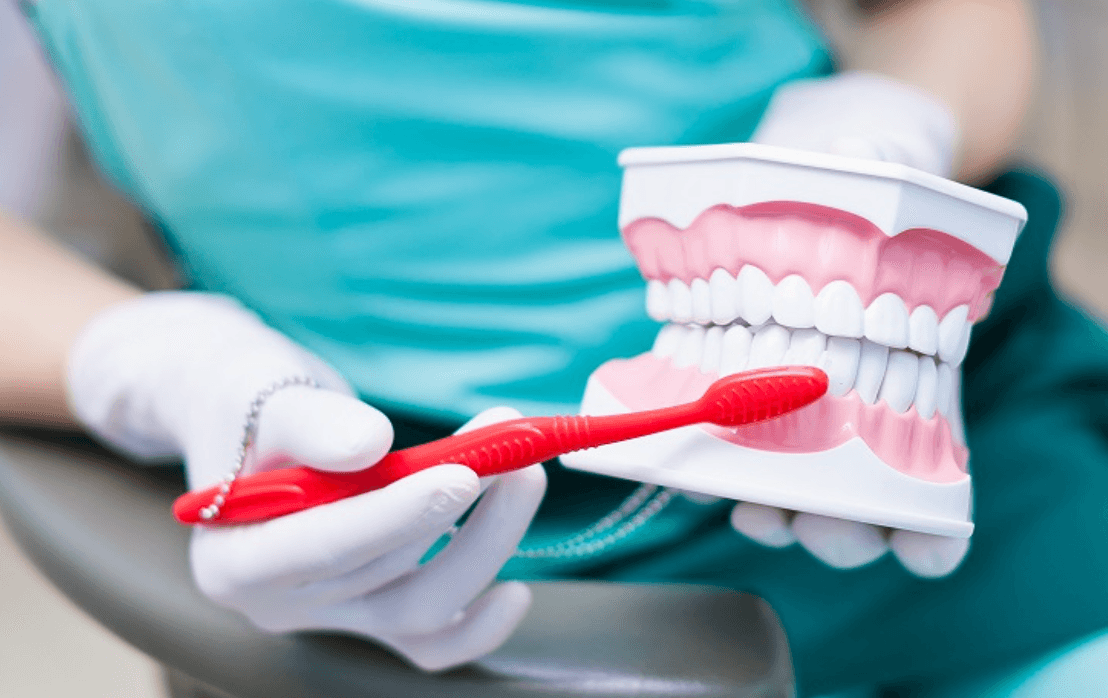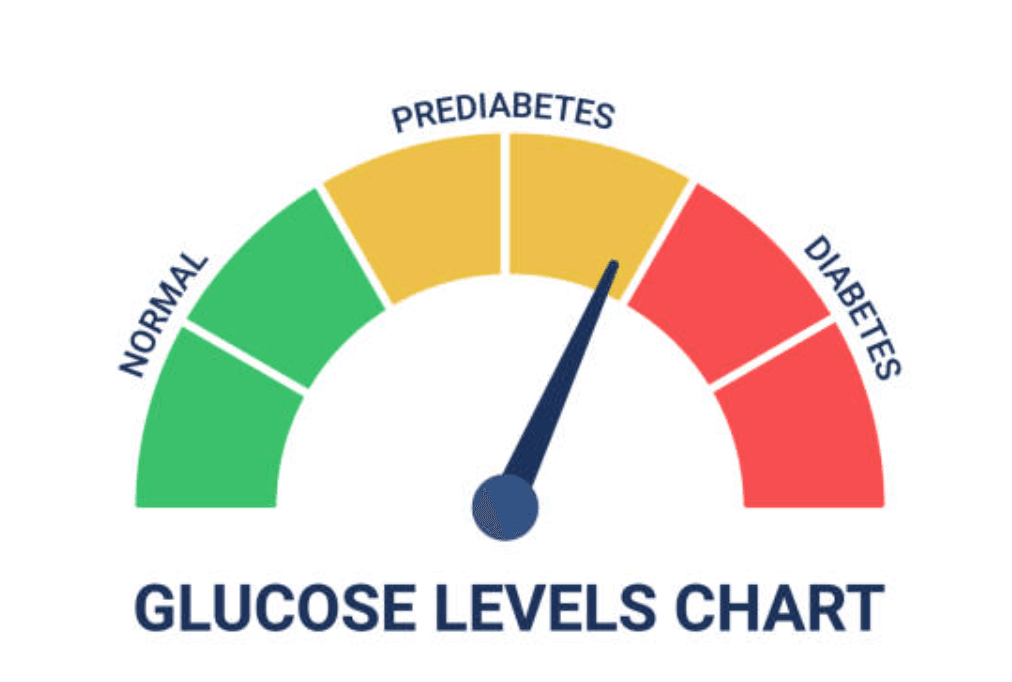17 Healthy Foods & Drinks That You Should NOT OVEREAT!
Many emphasize the importance of including healthy foods in our diets, but few discuss how crucial moderation is, even with nutrient-rich choices. Overconsumption can dilute the benefits and sometimes pose health risks.
Fruits are undeniably healthy, packed with essential vitamins, minerals, and antioxidants. However, they are also rich in fructose, which can be converted to fat if consumed excessively. To best manage intake, opt for whole fruits, which naturally moderate sugar release into the bloodstream.
While infusing water with lemon juice adds flavor without many calories, too much lemon can erode tooth enamel, leading to cavities and sensitivity. Balance is necessary with all acidic foods, including tomatoes and oranges, to avoid dental issues.
Broccoli is widely celebrated for its health perks, especially its antioxidants that fend off diseases. However, excessive consumption may disrupt thyroid function due to compounds that can limit iodine absorption.
Foods we enjoy casually can also lead to unintended health effects if consumed heedlessly. Instant oatmeal, for instance, often packs in extra sugars, while dishes like kimchi, rich in probiotics, can heighten sodium levels dangerously.
- Consume fruits in moderation to manage fructose intake.
- Be cautious of pollutants in large predatory fish.
- Watch for hypertension risks in high-sodium foods.
- Monitor protein intake to avoid overloading kidneys.
While highlighting common pitfalls, this discussion serves as a gentle reminder that what's labeled healthy can become unhealthy without moderation. By reassessing portions and diversifying food groups, you can maintain healthy choices that support wellbeing.
From Around The Web
Wellness Inbox is a blog & weekly newsletter that curates trending news and products related to health and wellness from around the web. We also gather content from various sources, including leading health professionals, and deliver it directly to you.
Please note that we may receive compensation if you purchase any products featured in our newsletter. Wellness Inbox is not affiliated with, nor does it endorse, any health professionals whose content may appear in our newsletter. The information provided is for general informational purposes only and should not be considered medical advice.
The information provided is not intended to replace professional medical advice, diagnosis, or treatment. All content, including text, graphics, images, and information available is for general informational purposes only. We do not guarantee the accuracy or completeness of any information presented and assume no liability for any errors or omissions. The content is subject to change without notice. We encourage you to verify any information with other reliable sources and consult your physician regarding any medical conditions or treatments.







